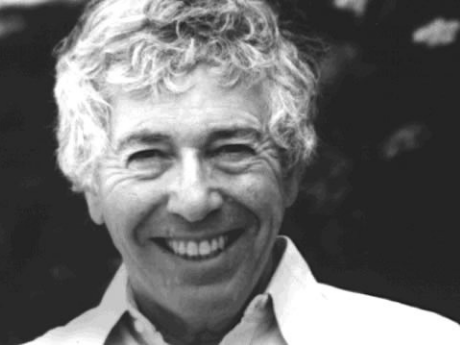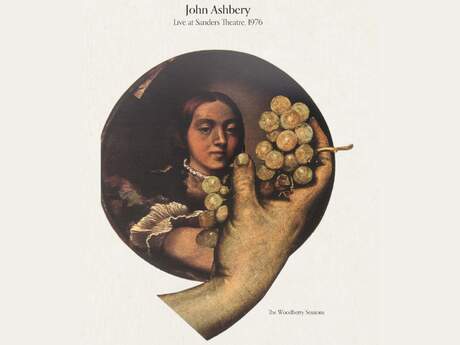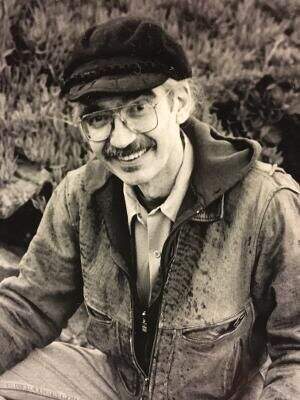Tributes
Jonathan Lethem on Kenneth Koch

I'm subject to an awful temptation here, and that is to lapse into some version of a shameless imitation of one of his own poems in introducing to you my hero, Kenneth Koch. How easy and disastrous it would be to begin Oh Thank You for giving me the chance of being Kenneth Koch's introducer! Or A serious moment for the novelist is when he is asked to draw aside the curtain for his favorite poet! Or At a reading, one writer may hide behind another—And yet I'm going to try to resist this temptation, this seduction, because I know where it leads, or at least I know where it led me once: when I was eighteen my adoration for Kenneth Koch led me to mistake myself for a poet. In 1984 as a college freshman I bluffed my way into a poetry workshop that was meant to be closed to freshmen. I did this by appearing in person at the office of the poet who led the workshop, and when he looked at my trembling sheaf and asked me who my favorite poet was I declared proudly Kenneth Kotch! Rhyming it with crotch. I'd never heard the name said aloud. Now I know that that declaration was a very early warm-up for this evening. The teacher-poet corrected my pronunciation and let me into the workshop, and then, in a matter of months, taught me that I was not a poet. Or he allowed me to teach myself. Still, I wasn't done with being seduced by Kenneth Koch, not by a long shot.
A few years later my then-wife and I began a photocopied zine which we called Idiot Tooth, and the motto of the zine, which was printed on the contents page, was "The only thing I could publicize well would be my tooth!" from Kenneth Koch's "Thank You." What is so seductive in those lines I'm compelled to mangle in my parodies, what it is that compels me to read and re-read Kenneth Koch's poems alone and in company, silently and aloud, what it was that once compelled me to read the entirety of "The Boiling Water" to a wedding full of people waiting to dance to a Klezmer band, is the forever-startling freshness and exuberance and generosity of the voice, the mock-effortless way that Kenneth Koch sweeps aside the drab curtain of formality to offer plain talk, wit, rhapsodic inventions, memories, dreams, regrets, fresh air. How odd it is, in a way, to try to introduce poems whose every first line is itself a how-do-you-do, a handclasp, a hot cookie cooling on a tin sheet in a corner of the kitchen when the baker's back is turned.
So often Kenneth Koch has offered us an apparent transparency —the gesture or impulse seemingly recorded naked for the page. Not that we should be fooled for a minute as to the rigour and purposefulness required to deliver such excellence —except, of course, for the endless pleasure in being fooled this way. In an early poem called "The Artist," Koch seems to display his own ambition and restlessness for us to admire:
I often think Play was my best work.
It is an open field with a few boards in it.
Children are allowed to come and play in Play
By permission of the Cleveland Museum.
I look up at the white clouds, I wonder what I
shall do, and smile.
Perhaps somebody will grow up having been
influenced by Play,
I think—but what good will that do?
Meanwhile I am interested in steel cigarettes...
Well, I'm not a poet, but I am a child who was permitted to play in Play. Kenneth Koch, as a writer, showed me the value of paradox and surprise, he showed me the value of intimacy and informality, and when I studied him harder he taught me the value of alertness, and hesitation, and of reading myself as patiently as I read others. He taught me how much of what I love might be allowed into my work—and, beyond that, and writing completely aside, he taught to me consider how much of what I loved might be allowed into my life. I'm terribly grateful to be invited to introduce to you a man who, though we've never met before tonight, is one of my oldest friends, Kenneth Koch.
(On May 30th, 2002 Jonathan Lethem introduced Kenneth Koch at The Bowery Poetry Club. Originally published in Crossroads, Fall 2002.)


